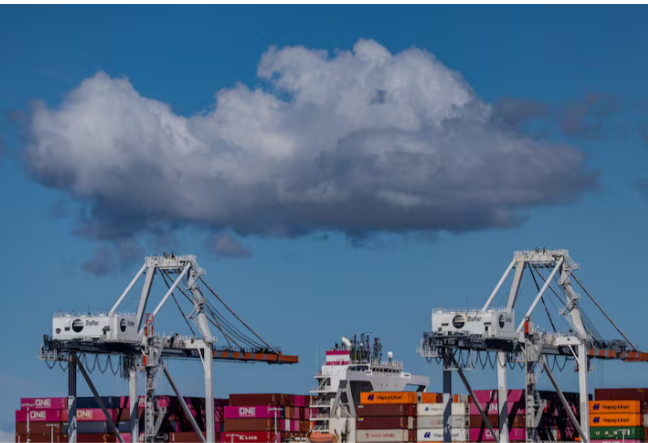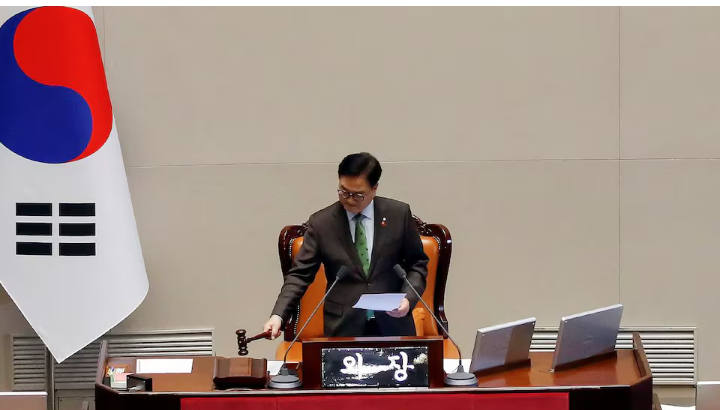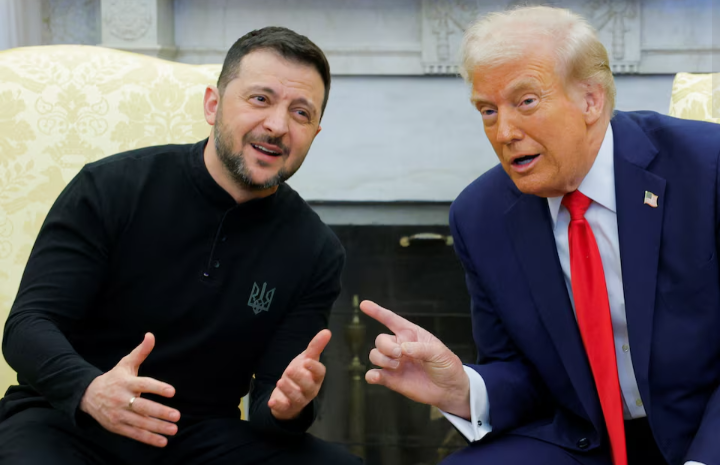President Donald Trump has reaffirmed his decision to implement a series of aggressive tariffs, aiming to correct what he describes as unfair trade practices by major U.S. trading partners. These new measures, set to take effect in early April, include a hefty 25% tariff on auto imports and additional levies on countries imposing duties on American goods. The White House claims these tariffs could generate over $6 trillion, which the administration plans to use for direct rebates to American citizens.
The announcement has triggered swift backlash from key allies and trading partners, with Canada and Mexico leading the opposition. Canadian Prime Minister Justin Trudeau warned that the move could have severe economic consequences and questioned the justification behind the tariffs. Meanwhile, Mexican President Claudia Sheinbaum has ordered her government to prepare countermeasures, targeting American exports like pork and cheese in response to Trump's aggressive trade policies.
Within the United States, the tariff decision has created deep divisions, especially among Republican lawmakers. Many GOP members, particularly those from agricultural states, fear the policy will backfire, increasing costs for farmers and disrupting supply chains. Some Republican leaders are working to secure exemptions for agriculture or even considering legislative efforts to block the tariffs altogether, highlighting a growing rift within the party over trade strategy.
Economic analysts have issued stark warnings about the financial impact of the tariffs, predicting that American households could face an average cost increase of $3,400 annually. Experts caution that these tariffs will likely drive up prices across multiple industries, slow economic growth, and shake investor confidence. Some projections suggest that the U.S. GDP could shrink by as much as 1.3% if the trade war escalates further.
Despite these warnings, the White House remains unwavering in its stance. Press Secretary Karoline Leavitt has assured that Wall Street will remain stable and insists that the administration’s focus is on supporting everyday Americans. However, as global markets brace for potential economic turbulence, the world watches anxiously to see if Trump's bold trade move will strengthen the U.S. economy or trigger a full-scale trade war.





